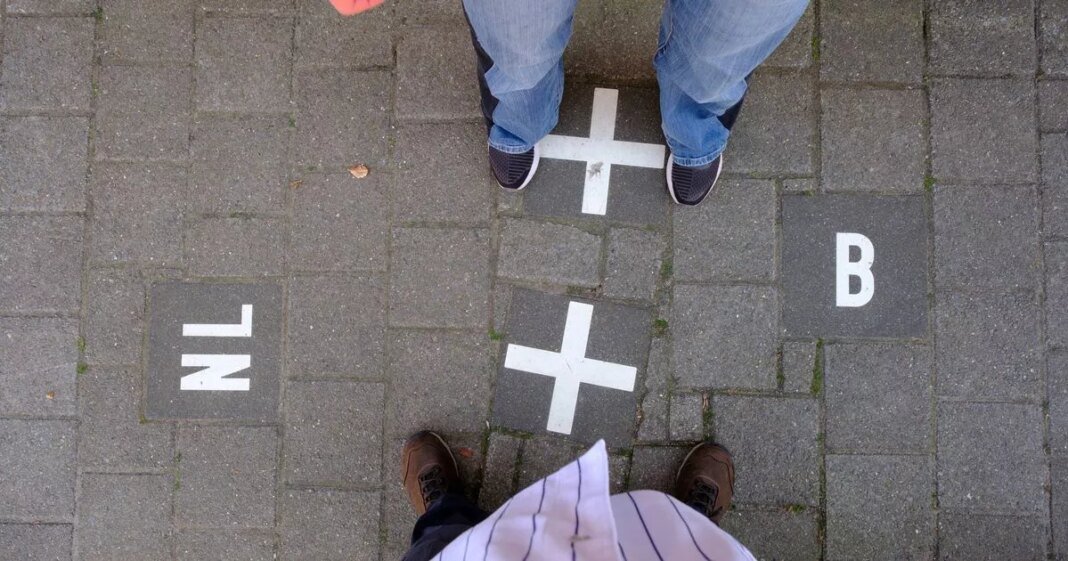A European town with a unique history is divided between two countries, featuring different legal systems, architectural styles, and populations.
Baarle-Nassau, a Dutch municipality, encompasses over 20 enclaves that belong to the Belgian town Baarle-Hertog, some of which contain Dutch enclaves as well.
Residents in this area often live in properties divided by the international border, leading to scenarios where married couples sleep in different countries or need to cross borders for simple tasks like making a cup of tea.
Roughly 75% of the approximately 9,000 inhabitants hold Dutch passports, and the majority of the land is Dutch-controlled. Tensions have arisen in the past due to differences in landscaping regulations between the two nations.
Historically, conflicts between teenagers from both sides were common, prompting adjustments in school schedules to prevent encounters. The town’s Dutch and Belgian sections showcase distinct architectural styles, but pavement markings with ‘NL’ and ‘B’ along with flag-marked house numbers help visitors distinguish between the two.
Belgian areas are known for more relaxed planning laws, allowing homeowners certain advantages. For instance, one man successfully built a structure spanning the border by obtaining approval from Belgian authorities when the Dutch rejected his proposal.
Intriguingly, a bank situated across both countries would discreetly shift paperwork to evade tax inspectors. Infrastructure projects and road maintenance costs are carefully allocated between the two nations, with even the town hall split by the border.
The unique setup benefits teenagers, as the legal drinking age in the Netherlands is 18, while Belgians can drink at 16. This difference allows youngsters to enjoy a beverage in Belgium if denied in the Netherlands.
The town’s history dates back to medieval treaties and land arrangements between various rulers. The delineation of territories was finalized only in 1995, after Belgium’s independence from the Netherlands in 1831.
Today, most residents hold dual citizenship, and the peaceful coexistence in this complex town has attracted international attention, with advisors to Israeli Prime Minister Benjamin Netanyahu studying it as a model of harmonious community living.

